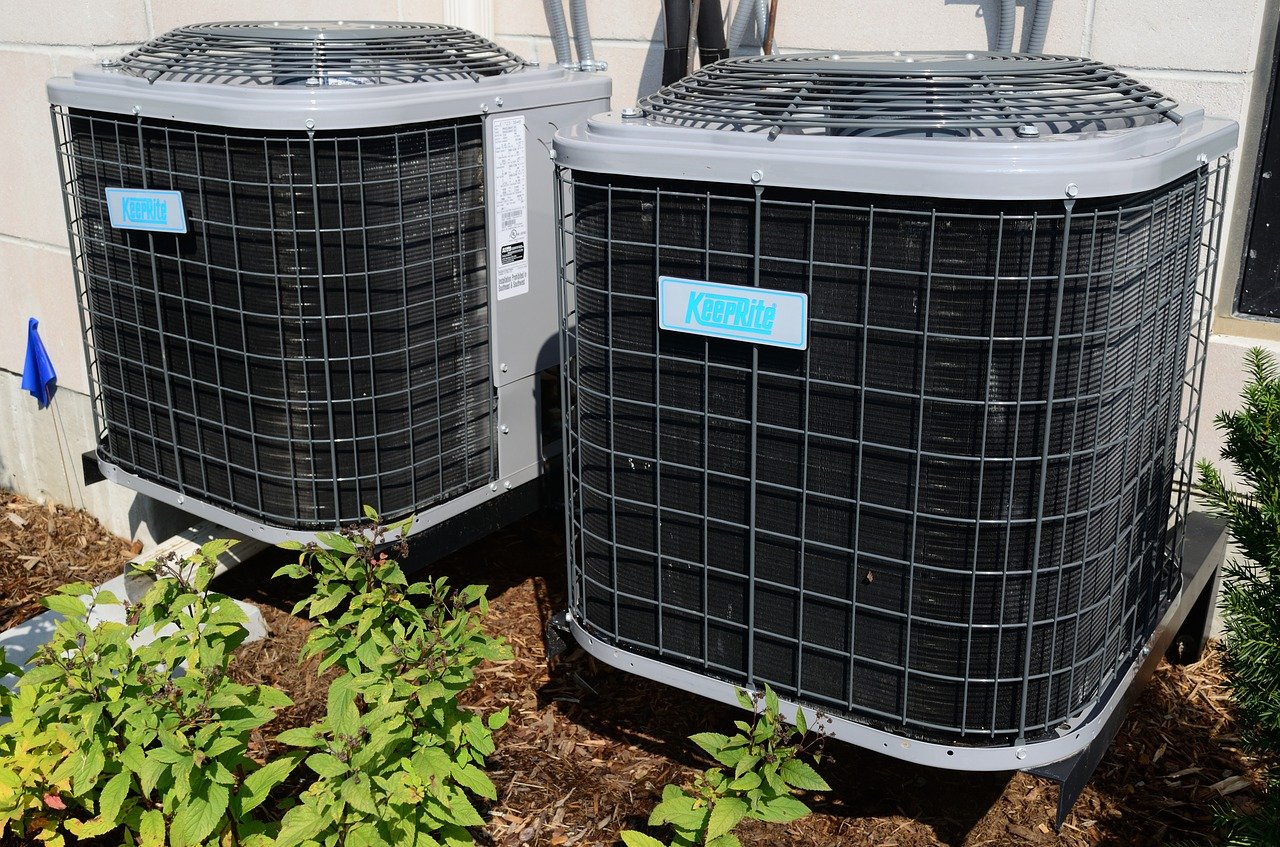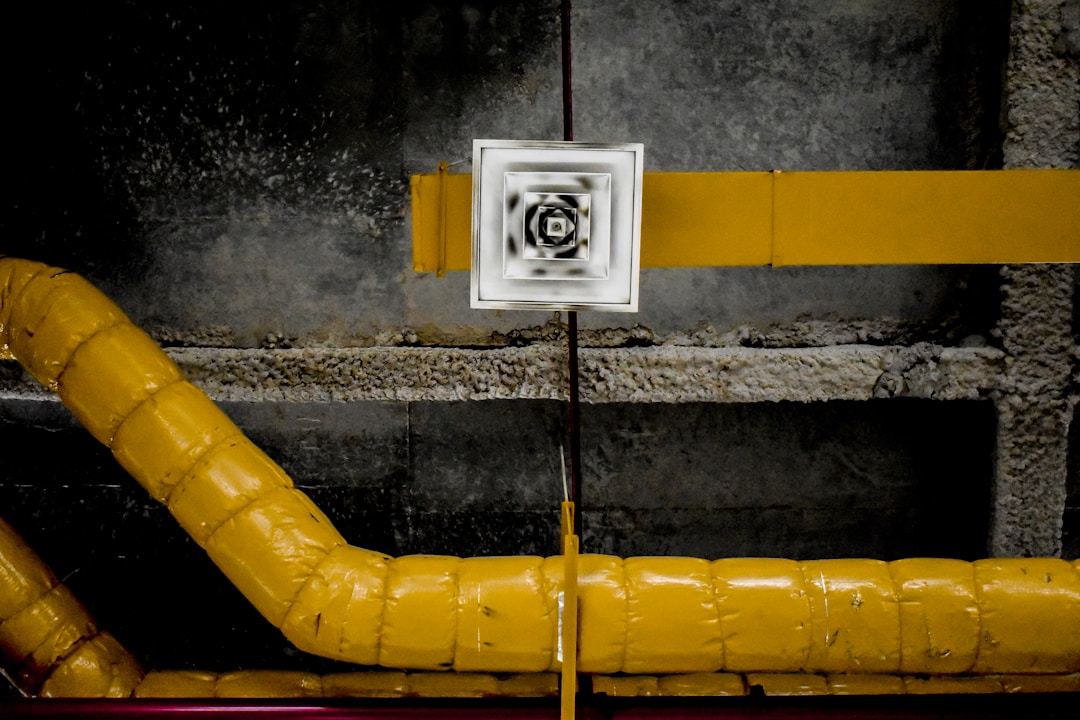
Probably one of the most important systems in your home is the HVAC system. This system controls the air temperature, air quality, and overall comfort of your home. The thermostat, air conditioner, and heater or furnace work together to make your home comfortable. More than likely, If you’ve maintained a regular maintenance schedule for your air conditioner and furnace, your system is running well. Even though your system is running as it should, however, there are other things to consider. According to experts, an HVAC unit lasts on average 10 to 15 years. With that in mind, it might be time to consider upgrading.
As your HVAC unit ages, it will become less efficient and slowly begin to be less effective. Even properly maintained, your old HVAC system will eventually start to show its age. In those cases, you might consider HVAC system upgrades and benefits. If your system is running well, adding a few upgrades or modifications could help improve the heating and cooling processes. Adding a new HVAC system will be the ultimate upgrade. However, if you are looking to make some improvements or updates, the goal is to create the best system for your home. Let’s take a look at some features of HVAC system upgrades.
1. HEPA Filters
All HVAC systems use a filter to remove particles from the air before circulating them around your home. These ventilation filters collect airborne hair, dust, and even mold spores that would be harmful to breathe. But not all filters are created equally. Air filters are measured from 1 to 20 on the Minimum Efficiency Reporting Value (MERV) scale. Filters with higher numbers perform better at trapping airborne particles and allergens. An easy upgrade that you can make to your system is installing a HEPA filter with a good MERV rating. Using a good HEPA filter could produce hospital-quality air in your home.
2. Upgraded Ductwork

Aside from the air conditioning and heating unit, an equally important facet of your HVAC system is the ductwork. The ductwork is the system of thin pipes that runs throughout your house to deliver climate-controlled air through the registers in your floors and ceilings. As a result of age, animals, or damage, the air ducts get disconnected and create air leaks. If this happens, you might consider upgrading a portion or all of your ductwork. The improved airflow will help create more efficient heating and cooling. If your system can’t be outfitted with HEPA filters, you can install new registers during this upgrade with in-duct air purifiers.
3. HVAC Zones
At some point, the members of your household have argued over their preferred temperature setting in the house. If you find that this is happening more frequently, you might consider upgrading to zones. Like most homes, your house probably has a single ductwork system. This means that every part of the house is set at the same temperature setting and receives the same air. The layout of your home and the position of the sun or shade can create varying temperatures around the house. In a zoned system, however, dampers create multiple sections that can have different settings. Zoning can allow homeowners to create various settings for indoor comfort within various parts of the house.
4. Smart Thermostats

All HVAC systems rely on a thermostat to determine the temperature in the home. Older thermostats can create inefficiencies and cause inconsistent temperatures. Upgrading to a programmable thermostat will allow homeowners to set customized temperature preferences. These smart thermostats will also manage varied programmed schedules for weekdays and weekends. Some advanced smart thermostats are now learning-capable and can adjust temperatures based on behavior patterns of the household. Upgrading to a programmable thermostat will also allow you to control different HVAC zones from one place.
Upgrade features to your HVAC system can make cooling and heating your home more efficient and easier. From upgraded filters and ductwork to temperature zones and smart thermostats, you can completely change how the temperature in your home is regulated. Doing some research and consulting with an HVAC professional will help you figure out the best solutions for your house.